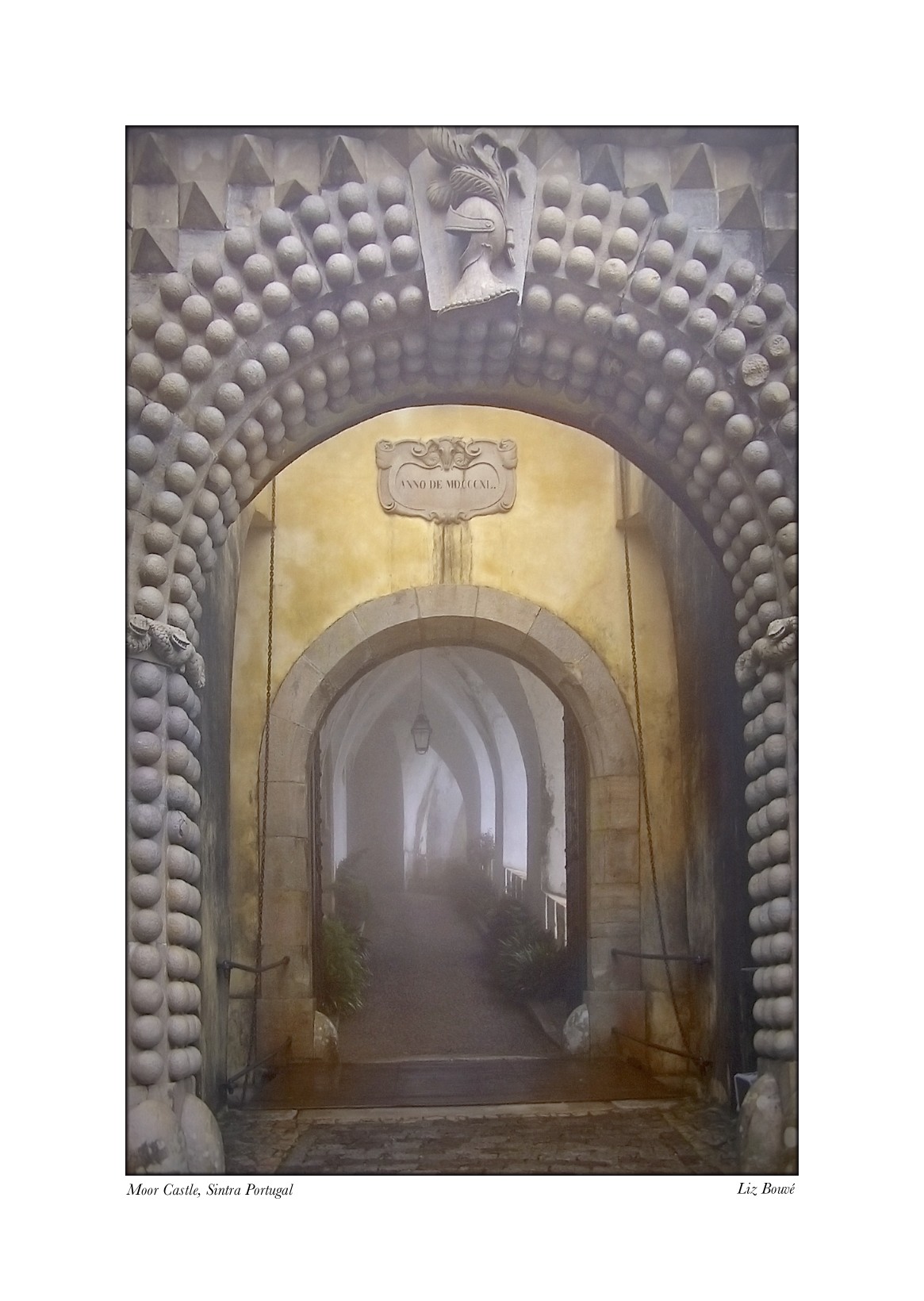
We must know or even experience what is threatening to us in order to decide that we don’t want to know it or experience it. In this series of essays, I will discuss our opaque knowledge of other’s people’s perceptions of us, suggesting that we often know (opaquely) more than we want to know and that this knowledge powerfully influences the ways in which we avoid disclosing to other people and avoid or misinterpret feedback from other people.
Becker (1971, p. 55) goes even further by suggesting that this vaccinating signal anxiety becomes the basis for creation of distinctive defensive structures that each of us creates as we mature in a world that is often threatening or at least unpredictable:
[T]he ego grows by putting anxiety under its control, as it finds out what anxiety is for the organism, and then choose to avoid it by building defenses that handle it. . . . [T]he ego “vaccinates itself” with small doses of anxiety; and the “antibodies” that the organism builds up by means of this “vaccination” become its defenses.
There is a more positive side. The “inoculation” from signal anxiety is preventative in nature, like the inoculations we receive for various physical diseases. We gain insights about ourselves even when there is not a major “meltdown” in our relationship with another person. We learn about ourselves and other people even when we are impacting another person in a manner that evokes only small nonverbal reactions rather than a wholesale blurting out of angry (or effusively positive) feedback.
We are “primed” to learn more about ourselves as a result of this opaque knowledge. Initially, we “see through a glass darkly,” but with “faith” (interpersonal trust), we will soon see clearly. Our opaque knowledge of other people’s perceptions of us prepares us for, helps us to interpret and enables us to make use of feedback from other people. We learn about ourselves—our strengths as well as our weaknesses—from this opaque knowledge and gain interpersonal wisdom even without direct and open feedback from other people.







